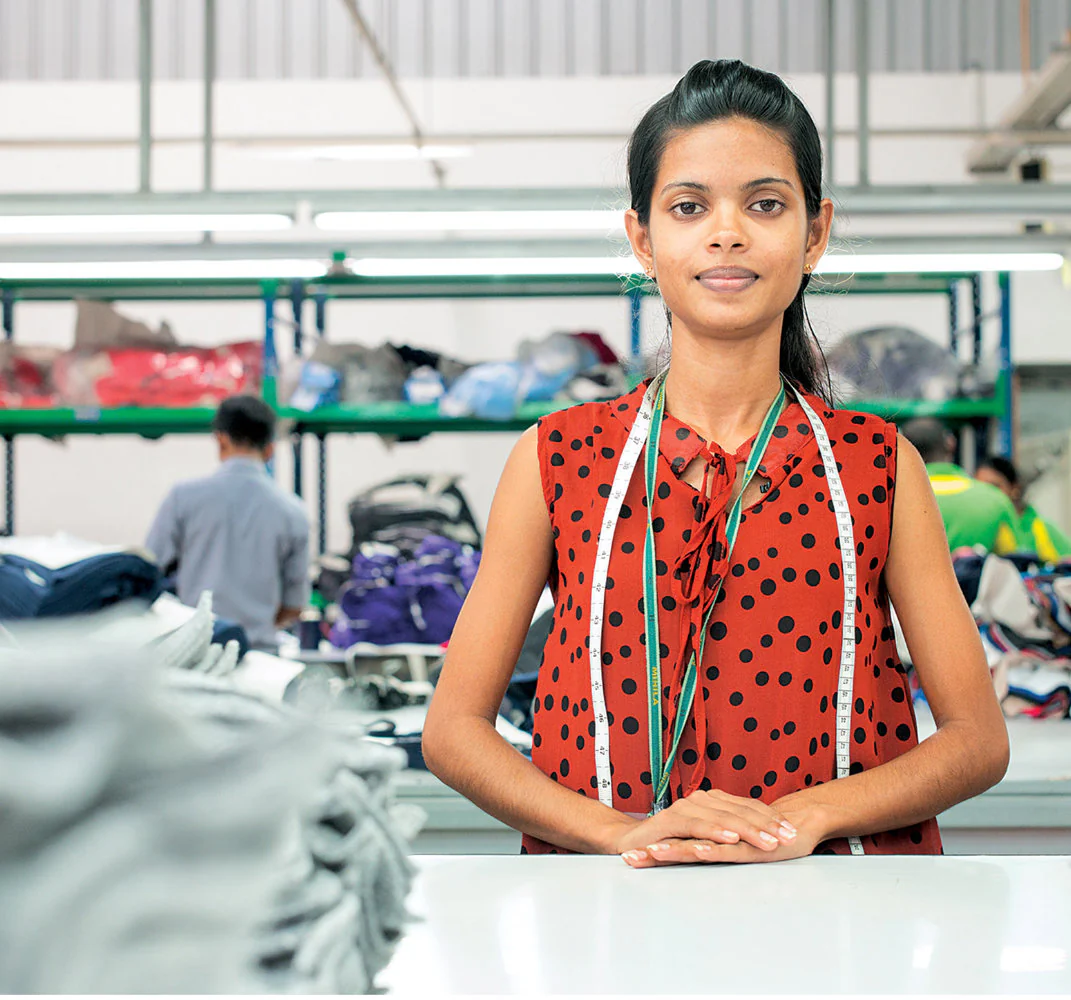
In today’s fast-paced world of fashion, it’s easy to forget where our clothes come from and who makes them. While styles change rapidly, the people behind the seams often remain invisible. Consumers are becoming more aware of the social and environmental impact of their clothing choices. They want to know that their money supports fair labor practices, safe working conditions, and sustainable production. This is where ethical fashion steps in, shifting focus from just aesthetics to values.
The Reality of Conventional Clothing Production

Behind the glossy storefronts and flashy marketing lies a different story—one filled with underpaid workers, unsafe factories, and exploitation. In many parts of the world, garment workers face poor treatment, long hours, and minimal wages. Fast fashion has fueled this crisis by demanding cheap, fast production with little regard for human rights. As people begin to ask tough questions about the origins of their clothes, the call for transparency grows louder. Shoppers no longer want to support systems that thrive on inequality.
A Shift Toward Conscious Consumerism
Modern consumers are becoming increasingly intentional about what they purchase. They’re seeking brands that align with their personal ethics—brands that prioritize people over profits. Sustainable fabrics, ethical labor, and environmentally friendly processes are no longer fringe concerns; they’re now mainstream expectations. With growing access to information and a push for accountability, consumers are realizing the true power of their spending habits. Each purchase becomes a vote for the kind of world they want to support.
Choosing Brands That Do Better
As demand for ethical fashion rises, more brands are stepping up to meet it. Small labels and major retailers alike are investing in ethical sourcing, fair pay, and safe workplaces. Certifications and audits help consumers identify trustworthy options. While there’s still a long way to go, progress is being made. Choosing to support companies committed to ethics creates a ripple effect across the supply chain. Fair trade apparel, for example, ensures workers receive a living wage and fair treatment, which ultimately leads to stronger communities and more sustainable industry practices.
Making Fashion a Force for Good
Fashion has the potential to be a powerful tool for positive change. When people make conscious choices about what they wear, they’re not just upgrading their wardrobe—they’re supporting human rights and environmental health. Ethical fashion doesn’t mean sacrificing style or quality; it means aligning purchases with principles. By asking where, how, and by whom our clothes are made, we can begin to shift the narrative from exploitation to empowerment—one outfit at a time.